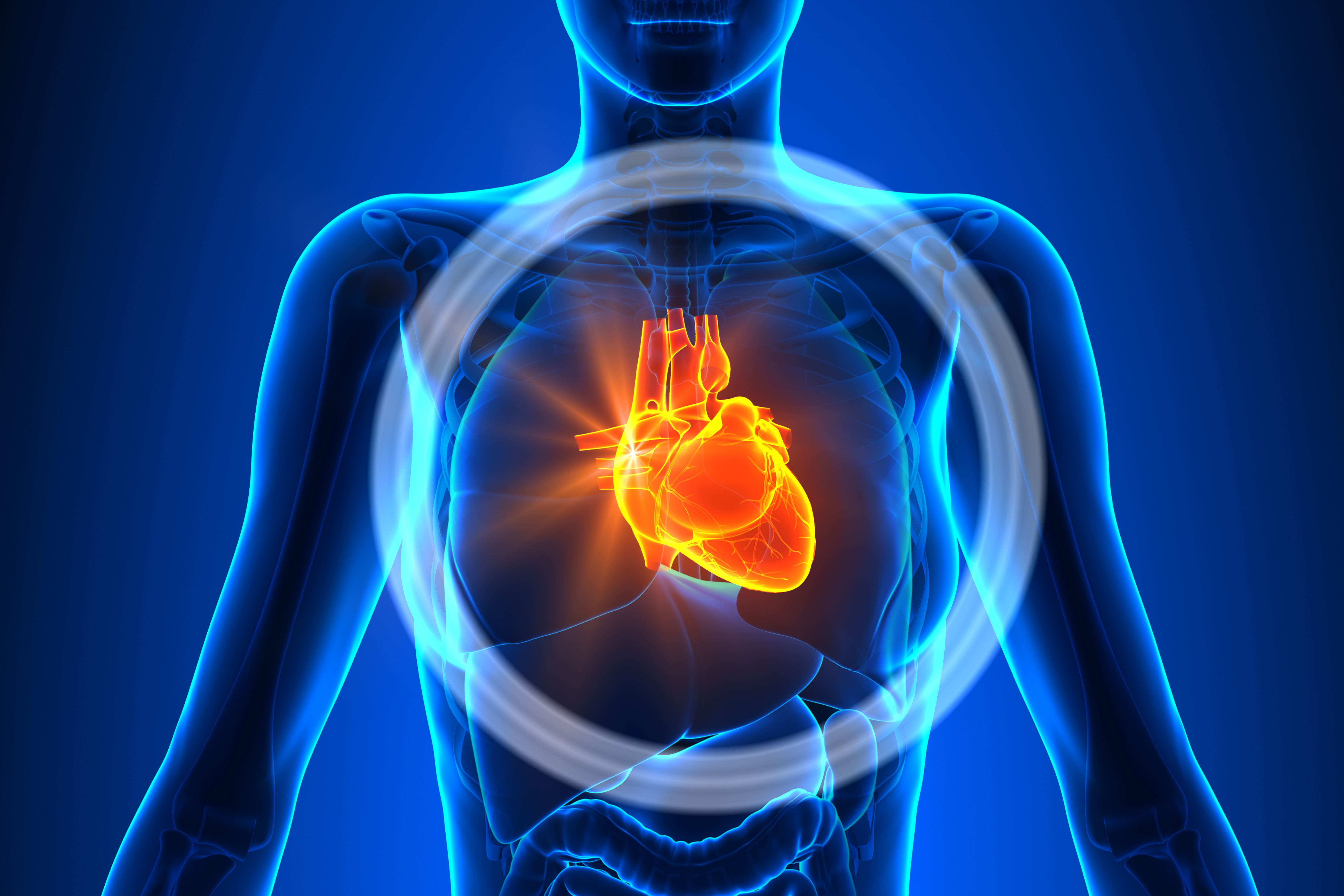
(Vienna, 23 June 2025) Women with acute coronary syndrome (heart attack) suffer more frequently from bleeding complications – often due to inappropriate medication dosages or high-risk access routes during catheter interventions. Although this problem has been known for a long time, it has not been adequately considered in everyday clinical practice. Now, for the first time, an international panel of experts led by MedUni Vienna has published specific recommendations for gender-specific treatment of heart attacks. The consensus statement has been published in the renowned journals European Heart Journal and EuroIntervention.
The consensus statement emphasises the need to tailor treatment for women with acute coronary syndrome (ACS) to their specific biological and clinical characteristics. It was drawn up by an international panel of experts from the European Association of Percutaneous Cardiovascular Interventions (EAPCI) and the Thrombosis Working Group of the European Society of Cardiology (ESC) under the leadership of cardiologist Jolanta M. Siller-Matula from the Department of Medicine II at MedUni Vienna. The experts' recommendations include calculating the dosage of drugs such as heparin and platelet inhibitors individually according to body weight and kidney function in order to reduce the risk of bleeding. It also advises that catheter interventions should preferably be performed via the artery in the wrist (radial artery) – an access point associated with fewer bleeding complications than the groin.
The committee places particular emphasis on the pharmacological treatment of specific types of heart attack that occur predominantly in women. These include MINOCA (myocardial infarction without coronary artery occlusion), in which there is no severe narrowing of the coronary arteries despite signs of a heart attack, and SCAD (spontaneous coronary artery dissection), in which there is a rupture in the wall of a coronary artery. For both conditions, a differentiated selection and duration of antithrombotic therapies is recommended. Routine administration of dual antiplatelet therapy (DAPT) is no longer advisable in these cases.
Women severely underrepresented in clinical trials on cardiovascular therapy
Acute coronary syndrome (ACS) encompasses various forms of heart attack in which the blood supply to the heart muscle is suddenly restricted. Women often show different symptoms, are older on average when they first experience ACS, and are more likely to have comorbidities such as diabetes or kidney disease. In addition, hormonal fluctuations throughout life, such as those caused by menstruation, pregnancy or menopause, affect the blood coagulation system and thus the risk of bleeding and thrombosis. Despite these differences, women are severely underrepresented in clinical trials on cardiovascular therapy. "The biology of women has long been neglected in cardiovascular research. This consensus statement provides a sound basis for gender-sensitive care and is a call to the entire cardiology community to systematically rethink its approach," emphasises Jolanta Siller-Matula. The recently published recommendations are aimed not only at cardiologists, but also at emergency medicine specialists, general practitioners and clinical researchers, with the aim of consistently integrating gender-specific differences into diagnostics, therapy and research in the future.
Publication: European Heart Journal/EuroIntervention
Antithrombotic drugs for acute coronary syndromes in women: sex-adjusted treatment and female representation in randomised clinical trials. A clinical consensus statement of the European Association of Percutaneous Cardiovascular Interventions (EAPCI) and the ESC Working Group on Thrombosis.
Valeria Paradies (Chair), Giulia Masiero, Andrea Rubboli, Heleen M M Van Beusekom, Francesco Costa, Piera Capranzano, Sophie Degrauwe, Diana A Gorog, Claudia Moreira Jorge, Gill Louise Buchanan, Mirvat Alasnag, Daniela Trabattoni, Chiara Fraccaro, Dirk Sibbing, Dariusz Dudek, Gemma Vilahur, Alaide Chieffo, Roxana Mehran, Davide Capodanno, Emanuele Barbato, Jolanta M Siller-Matula (Co-Chair).
DOI: 10.1093/eurheartj/ehaf352
DOI: 10.4244/EIJ-D-24-00876